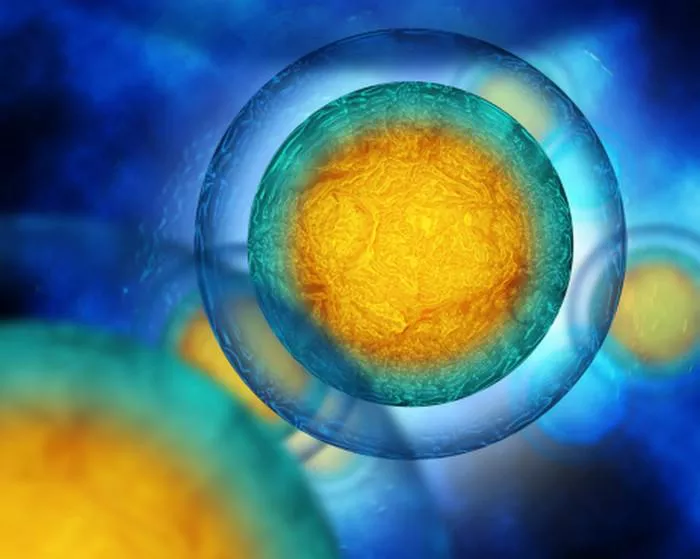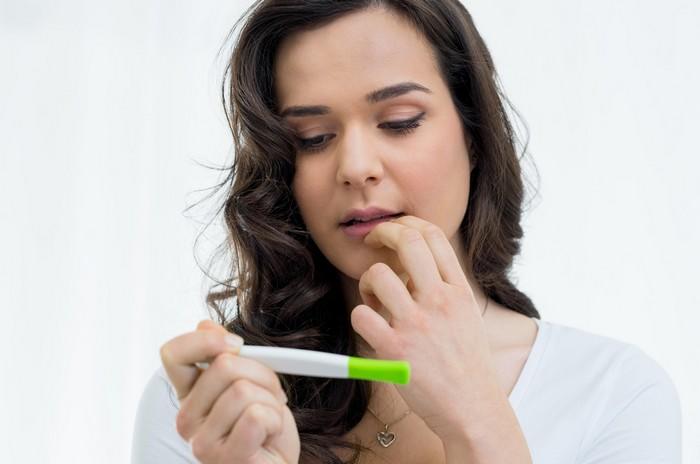When it comes to fertility and conception, understanding the nuances of sperm production is crucial. One question that often arises is: what time of day is sperm count highest? In this article, we’ll delve into this intriguing query, examining the factors that influence sperm production and shedding light on the optimal timing for conception.
The Rhythm of Reproduction: Exploring Sperm Production
To understand the timing of peak sperm production, it’s essential to grasp the rhythm of the male reproductive system. Sperm production, known as spermatogenesis, occurs within the testes in a continuous cycle. Like a well-orchestrated symphony, this process involves the synchronized interplay of various hormones and physiological factors.
Morning Glory: The Case for Highest Sperm Count in the Morning
Many studies have suggested that sperm count tends to be highest in the morning, shortly after waking up. This phenomenon is thought to be influenced by the body’s circadian rhythm – the internal clock that regulates various biological processes based on the time of day. Hormone levels, including testosterone, tend to peak in the early morning hours, which may stimulate sperm production and lead to higher sperm counts.
Temperature Matters: The Impact of Body Temperature
Another factor that may contribute to higher sperm counts in the morning is body temperature. The scrotum, where the testes are located, is slightly cooler than the rest of the body. Cooler temperatures are conducive to optimal sperm production, whereas warmer temperatures can inhibit spermatogenesis. Overnight, when the body is at rest and cooler, the scrotum may maintain an ideal environment for sperm production, leading to higher sperm counts in the morning.
Daily Activities: How Lifestyle Factors Influence Sperm Count
Beyond the influence of circadian rhythms and body temperature, various daily activities and lifestyle choices can impact sperm count throughout the day. Let’s explore how these factors can influence spermatogenesis and fertility potential:
1. Stress Levels:
High levels of stress can have a detrimental effect on sperm production. Chronic stress triggers the release of cortisol, a hormone that can disrupt the delicate balance of reproductive hormones, potentially leading to decreased sperm count and quality. Engaging in stress-reducing activities such as meditation, yoga, or deep breathing exercises may help mitigate this impact.
2. Physical Exertion:
Intense physical activity, especially when coupled with excessive sweating and dehydration, can temporarily elevate body temperature, which may adversely affect sperm production. While regular exercise is beneficial for overall health, moderation is key. Avoiding prolonged periods of intense exercise, staying hydrated, and allowing sufficient recovery time can help maintain optimal sperm production.
3. Heat Exposure:
Exposure to excessive heat, whether from hot baths, saunas, or prolonged sitting, can temporarily raise scrotal temperature, potentially impairing sperm production. Limiting exposure to sources of heat, particularly in the groin area, can help preserve sperm health. Opting for cooler showers, avoiding tight-fitting underwear, and taking breaks from activities that generate heat can all contribute to maintaining a favorable environment for sperm production.
Optimal Timing for Conception: Maximizing Fertility Potential
While morning may be considered the time of day with the highest sperm count on average, it’s important to note that sperm are continually being produced and replenished throughout the day. Therefore, the optimal timing for conception isn’t necessarily restricted to a specific time of day. Instead, couples trying to conceive should focus on regular intercourse throughout the woman’s fertile window to maximize their chances of conception.
Consulting a Healthcare Provider: Individualized Guidance for Fertility
For couples struggling with infertility or attempting to optimize their fertility, consulting with a healthcare provider specializing in reproductive health is crucial. A thorough evaluation can help identify any underlying issues impacting fertility and provide personalized guidance on timing intercourse and lifestyle modifications to enhance fertility potential.
Conclusion:
In conclusion, while morning may be associated with higher sperm counts on average, the timing of peak sperm production can vary depending on individual factors and lifestyle choices. Understanding the rhythm of sperm production and its relationship to factors such as circadian rhythm and body temperature can provide valuable insights for couples on their journey to conception. By staying informed, maintaining a healthy lifestyle, and seeking guidance from healthcare professionals as needed, couples can navigate the waters of fertility with confidence and optimism.
[inline_related_posts title=”You Might Be Interested In” title_align=”left” style=”list” number=”6″ align=”none” ids=”1749,1752″ by=”categories” orderby=”rand” order=”DESC” hide_thumb=”no” thumb_right=”no” views=”no” date=”yes” grid_columns=”2″ post_type=”” tax=””]























